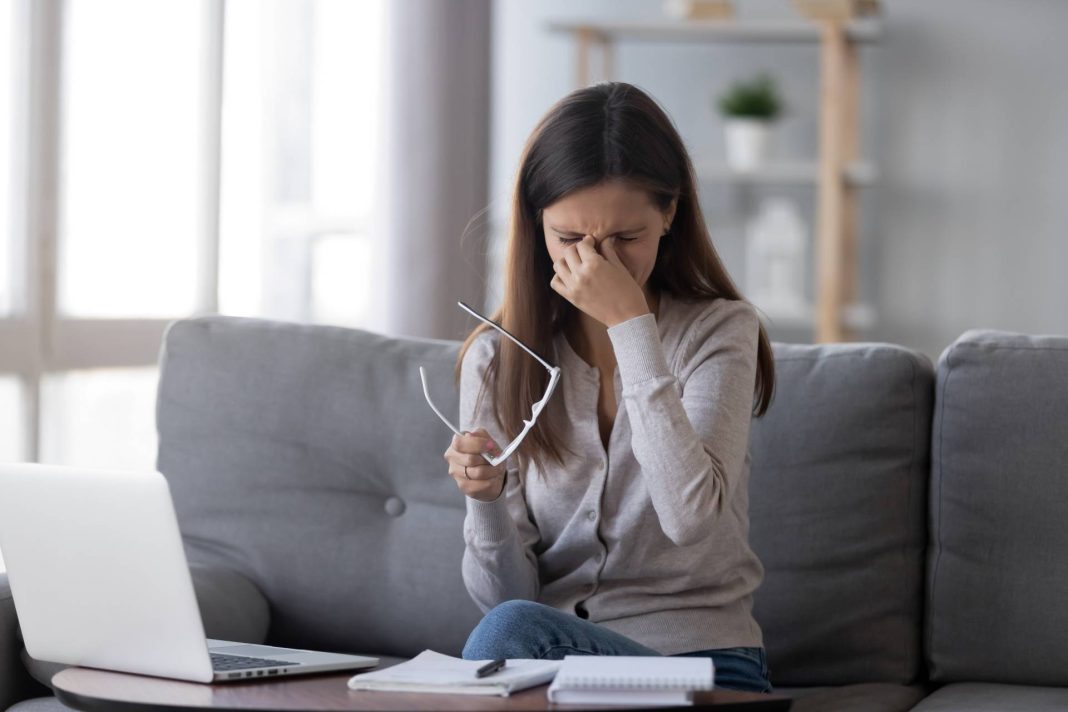We all know law school isn’t easy. There’s ton of reading, even more writing, and a general aura of competitiveness between peers. Suffice it to say it’s not for the faint of heart. Even if you have arduously prepared for the intensity of it all, what may surprise you is not the mental toll, but the physical one. The old adage “law school is a marathon, not a sprint” is particularly true here; without appropriate pacing and rest, by the time you get to the finish line you could be dangerously burned out. In this article we ‘ll talk about three of the physical effects of law school and, if possible, provide some tips on how to avoid them.
- You might need glasses. First up, glasses. If you didn’t wear them before law school, you certainly might after. All of the reading and staring at backlit computers does a number on your eyes, and if you notice blurred vision or a general sense of your eyes being tired after reading, head straight to the eye doctor for a prescription. While I started law school with glasses, over the three years that followed my prescription increased twice and I had to buy a separate pair of glasses just for reading! To avoid the same fate, make sure you have adequate lighting when reading and that you turn your brightness down as low as you can tolerate when writing or in class. In addition, make sure to get up or look away from the computer every once in a while, because it can help refocus and relax your eyes. If none of that works, try buying a microwavable heating pad to put on your eyes; it feels fantastic.
- You might get more headaches. Related to needing glasses, you might start to get more headaches than usual. All the reading and writing stresses out your eyes but it can also stress out the rest of you and result in some nasty migraines or tension headaches. If this happens to you, carry ibuprofen or some other pain reliever in your bag. While you might get a stare or two, you can always take it at your desk, between classes, or even in the bathroom. There’s nothing worse than having to suffer through 5 more classes when your head feels like exploding.
- You could pick up an addiction. At the beginning of law school, I didn’t recognize any of the students who stood outside of our building chain-smoking in between classes. As time went on, however, I noticed more and more of my classmates and could certainly smell it on them when they came back to class. Existing in a constant state of tension can affect you in a variety of ways, including the need or development of an addiction. Sure, they cover this topic during orientation, but they usually focus on hardcore drugs or alcoholism. There are all kinds of addictions: smoking, drinking, drugs, caffeine, gaming, gambling, you name it. While each of those is its own beast, they are all arguably bad for your health—and for your wallet, too! One of the best ways to avoid this is to do an internal self-check-in and audit how you are feeling in the moment. Are you craving a cigarette during Civil Procedure? Why? What could you do instead that would be less harmful? Another helpful tip is to consider therapy or learn about positive self-care behaviors to help you cope with large amounts of stress. Developing these skills early will set you down the right path, especially as you transition from student to seasoned lawyer.
While no one wants more headaches and Coke-bottle-thick glasses, taking care of your physical health is just as important as your mental health. While there isn’t much you can do to combat all the reading, writing, and stress that comes with law school, there are several intentional actions you can take to ensure that your three years of law school don’t have lifetime health implications. Drink some water, eat good food, and above all, turn down your brightness!


